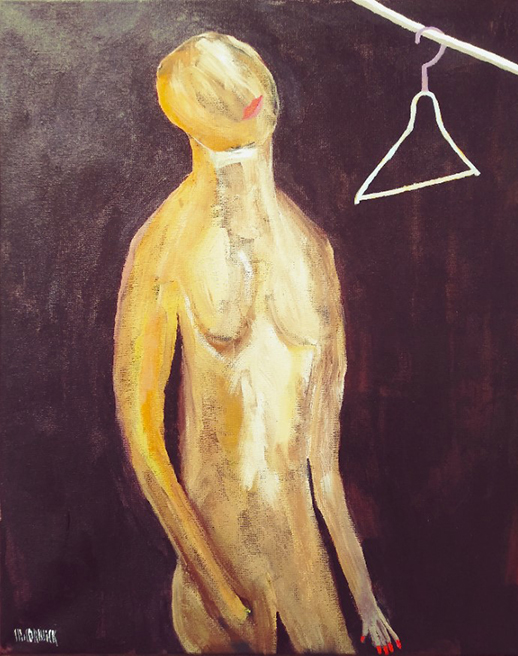Joan Mazza
Redesis*
Unsolicited advice is criticism.
—Alanon proverbA friend I haven’t seen in fifteen years asks
what to do about her neighbor’s terrors,
someone I don’t know, a neighbor who doesn’t
speak English. We’re on the phone. My friend
can’t see me clamp my hand over my mouth
so I don’t interrupt with reassuring platitudes.There is so much that I don’t know about
anyone’s nutrients or chemistry, their habits
and addictions. So often, this conversation
is a red herring for the problem of the person
speaking. Is it toxic mold in her house or air
pollution? An allergy to birds or TV news?How easily I once dispensed advice, unrequested
and unwelcome, as if I knew what anyone
might need or want, or could understand
the tangled details of their sibling history, alcoholic
parents, or the complex web of their own problems
of anxiety after extended isolation. I could offer,Say more. I’m listening. What else? I don’t
have enough information to have an opinion.
My knowledge of your worries is too scant
to offer advice. This problem is beyond the scope
of my influence or skill. Likely yours, too. You
have choices. I only know what works for me.
##
*noun. A feeling of queasiness when offering someone advice.
From The Dictionary of Obscure Sorrows by John Koenig.
Pronounced “ruh-dee’-sis”
Joan Mazza worked as a microbiologist and psychotherapist, and taught workshops on understanding dreams and nightmares. She’s the author of six psychology books, including Dreaming Your Real Self (Penguin/Putnam). Her work has appeared in The Comstock Review, Atlanta Review, Prairie Schooner, Poet Lore, Slant, The MacGuffin, and The Nation.
